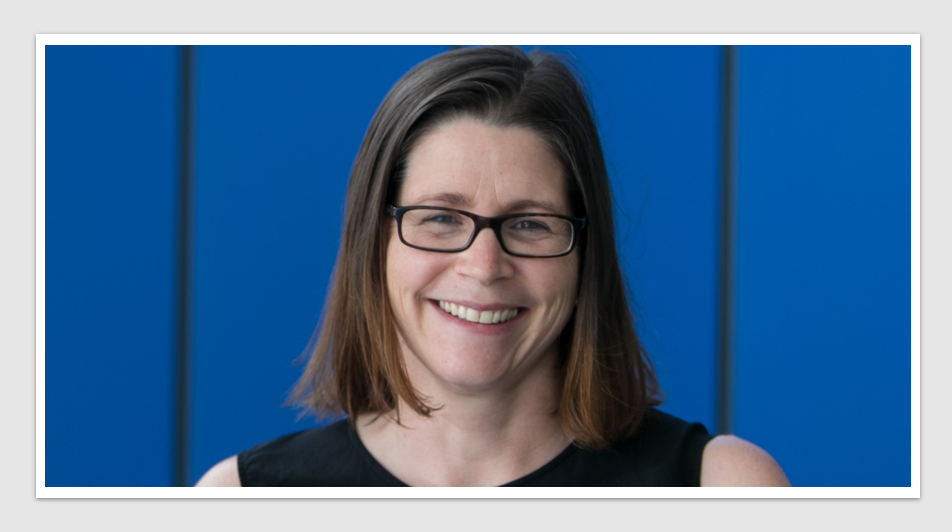Medical
Culture of bullying, harassment and discrimination in medical training remains an unfortunate reality

Nearly 10,000 doctors took part in the first Medical Training Survey (MTS), creating the first national, comprehensive picture of medical training in Australia.
Medical Board of Australia (MBA) Chair, Dr Anne Tonkin, said the MTS results provide an evidence base that educators, employers and stakeholders across the health sector can use to improve the culture of medicine and further strengthen medical training.
‘The 2019 survey results tell the start of an important and emerging national story about the culture and quality of medical training, from trainees’ perspectives. We hope the results trigger ideas and discussion about what we can all do to keep improving it,’ Dr Tonkin said.
More than one in three trainees report having experienced or witnessed bullying, harassment or discrimination. Only one third of those who reported experiencing it, reported it. Only 50% of the reported cases were followed up.
‘Bullying, harassment and discrimination are not good for patient safety, constructive learning or the culture of medicine. We must all redouble our efforts to strengthen professional behaviour and deal effectively with unacceptable behaviour. We must do this if we are serious about reshaping the culture of medicine and building a culture of respect,’ Dr Tonkin said.
AMA President, Dr Tony Bartone, said today that the AMA supported the survey and welcomes the results, but the whole medical profession and training stakeholders must work together to ensure that they address the negatives to make the medical training journey a safer and more rewarding experience for the future medical workforce.
“Trainees deserve and should expect such a workplace – nothing less,” Dr Bartone said.
“Safe working hours are still an issue for the profession, with one in eight trainees working at least 60 hours on average per week,” Dr Bartone said.
“This is particularly worrying given the clear recent Australian research showing that doctors in training who work more than 55 hours each week have double the risk of developing mental health problems and suicidal ideation.
RACGP President Dr Harry Nespolon said that much more must be done to stamp out bullying and discrimination.
“The bottom line is that bullying, discrimination and harassment don’t belong in any workplace.
Enhance corporate branding and boost thought leadership to attract and retain quality employees. Health Industry Hub is the only one-stop-hub connecting your organisation to Australia’s Pharma, MedTech, and Biotech industry professionals. Discover our proven digital media solutions developed by industry for industry.
Despite concerns, most doctors recommend training
In general, trainees rate their training very highly and there is a lot going well in medical training in Australia. Most trainees rated their clinical supervision and teaching highly.
About 75% of trainees work more than 40 hours per week, but many value the training opportunities this provides. Most trainees would recommend their current training post and nearly all intend to continue with their training program.
There are opportunities to improve trainee access to health and well-being support programs, and bullying and harassment remain prevalent.
Register FREE to receive the latest news, innovations and insights from Health Industry Hub; the only one-stop-hub connecting Australia’s Pharma, MedTech and Biotech industry professionals and its key stakeholders.
You may also like World-first study from UNSW to reveal link between dementia and alcohol
Digital & Innovation

Medical drone to reduce health equity gaps in rural and remote Australia
A specialised medical drone which increases accessibility to essential health services such as pathology, medicines, and telehealth services in rural […]
MoreNews & Trends - Pharmaceuticals

We’ve spent more on healthcare, but it’s been worth it
Healthcare expenditure is surging, with Australia now allocating approximately one-tenth of its budget to this sector. This financial uptick prompts […]
MoreNews & Trends - Pharmaceuticals

New partnership to raise the bar in precision oncology in Queensland
Pharma News: The Australian Translational Genomics Centre (ATGC) is teaming up with non-profit research organisation Omico and the PrOSPeCT program […]
MoreNews & Trends - Biotechnology

AusBiotech appoints new CEO: Former Sanofi corporate affairs and sustainability leader takes the helm
Biotech News: AusBiotech, the nation’s leading industry body for the biotech sector, has named former leader at Sanofi, Rebekah Cassidy, […]
More